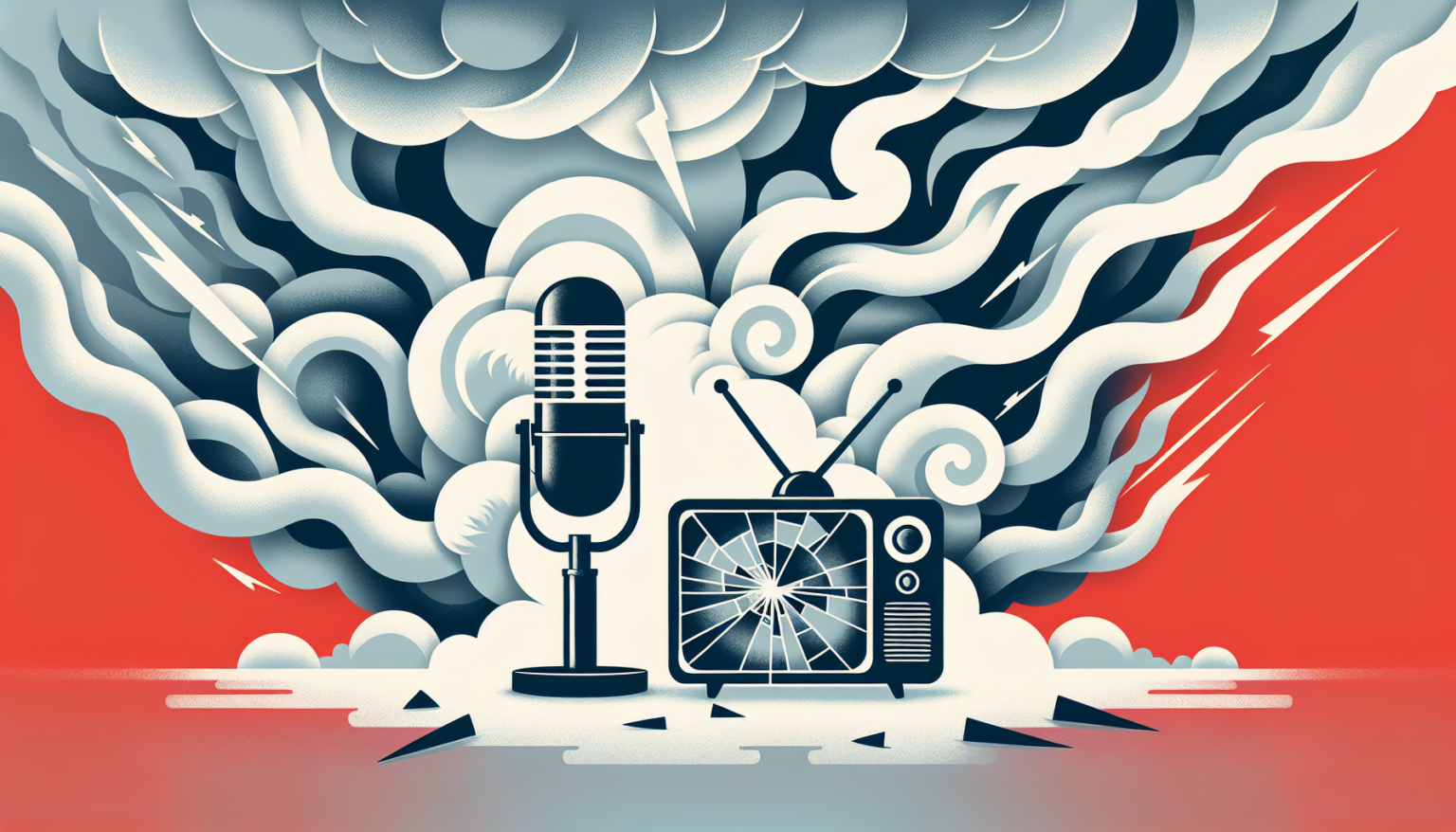Marc Maron is calling out fellow comedian Bill Maher for agreeing with “some of the things” that former President Trump did during his time in the White House. On a recent episode of Maron’s podcast, which featured former host W. Kamau Bell, Maron criticized comedians who talk about controversial political issues but then “get into a certain mania with that stuff to where you’re not even humanizing it.”
Maron named Bill Maher, the host of HBO’s “Real Time,” as an example.
He expressed frustration with Maher’s perspectives on Trump and some of the controversial policies the former president enacted. “Are you going to be like Bill Maher, where it’s like, ‘I’m going to agree with some of the things that Trump is doing,'” Maron said. “It’s like, dude, you’re a bitch.”
Maron also made fun of Maher for attempting to connect with Trump supporters, such as Kid Rock.
Maher has been outspoken about his moderately democratic views for years, describing himself as “an old-school liberal.”
However, Maron has been critical of comedians who host people with extreme views on their podcasts, often presenting them as mere entertainers or politicians, rather than acknowledging the harmful ideologies they might promote.
Maron criticizes Maher’s trump stance
Maron’s criticism of Maher comes in the context of a broader cultural commentary.
After Trump appeared on Joe Rogan’s podcast before the 2024 election, Maron wrote about the dangers of American fascism and how it has been enabled by various media platforms. In his social media post, Maron stated, “Even though I do not do a political show, I have been very clear in my specials and on the podcast that I believe, and have believed for years, what is brewing in this country is an American fascist movement rooted half in grievance and half in Jesus, and enabled by tech oligarchs and an inundation of propaganda from many sources.”
Maron continued, “The anti-woke flank of the new fascism is being driven almost exclusively by comics, my peers. Whether or not they are self-serving or true believers in the new fascism is unimportant.
They are of the movement. Whether they see themselves as acolytes or just comics doesn’t matter. They are part of the public face of a fascist political movement that seeks to destroy the democratic idea.”
Maron’s critique touches on a sensitive issue in the comedy world, where the line between free speech and promoting harmful ideologies can sometimes blur.
The debate raises questions about the role and responsibility of comedians in shaping political discourse.













